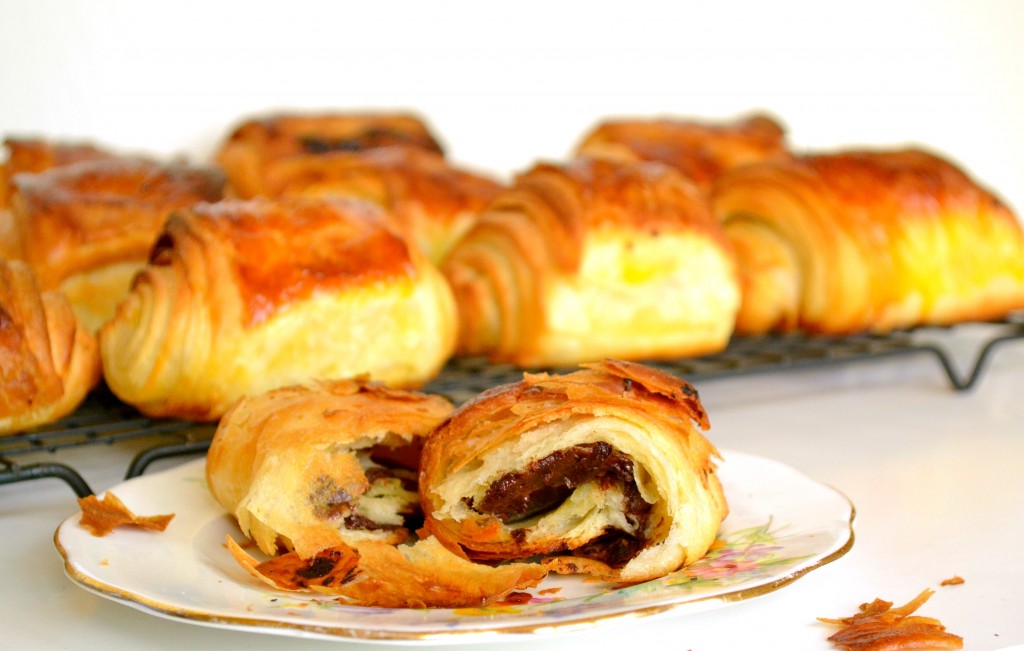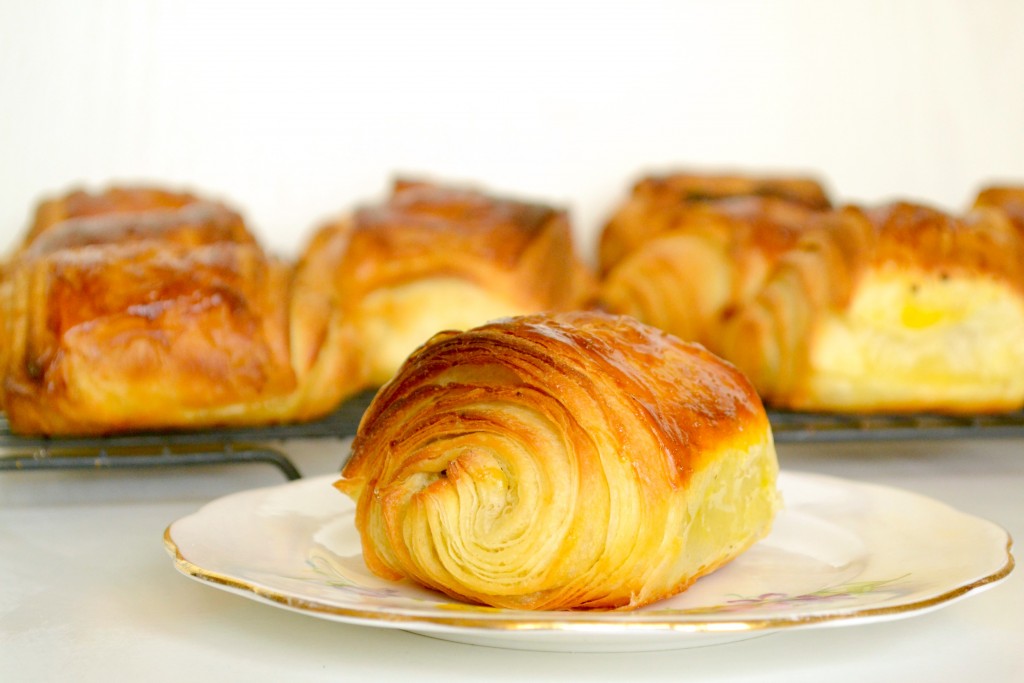 I can thoroughly identify with a novel when an author uses food to convey emotions, a moment or a sense of atmosphere. Debut author, Cesca Major, oh, I adore Cesca, she is one of my Novelicious colleagues, uses food perceptively in her brilliantly written and heartbreaking novel based in France during the Second World War.
I can thoroughly identify with a novel when an author uses food to convey emotions, a moment or a sense of atmosphere. Debut author, Cesca Major, oh, I adore Cesca, she is one of my Novelicious colleagues, uses food perceptively in her brilliantly written and heartbreaking novel based in France during the Second World War.

It is 1952 and the war has been over for a number of years. In a nunnery in south-west France a woman, Adeline, is being cared for by the nuns. Adeline is mute. She cannot speak. She doesn't know her second name, or why she's ended up there.
Rewind to when it all began. The outbreak of war, the men going off to fight, including her son, Paul. The changes that occur in France. The fear. The disappearance of the Jews. Families fleeing Paris. One family, Tristan's, heading towards the quiet village, to safety, where Adeline and her family live, and which is largely untouched by the war.
Armistice Day, near the beginning of the war, was more poignant than before. The people were celebrating. Proud to be French. Proud of their country. The streets are filled with the smell and taste of food. Hot chocolate, candy floss on wooden sticks, croissants and nougat. The sight of a young boy, with the insides of a pain au chocolat smeared around his face, capturing perfectly the innocence of the time, the innocence of the children. Children who will have lost all innocence by the time the war is over.
I asked Cesca about the food and how she used it to create a sense of atmosphere. Was this deliberate?
Cesca says, "the food was vital for placing people in France. It was such a challenge to write a book set in a different country (it is no coincidence my next is 1950s Devon...!) and food was an important part of getting the setting right."
I also asked Cesca whether she had to research the food aspect at all?
"Yes I really felt the food had to be right and I sought a lot of advice on the matter replacing a lot of "English" food with better French alternatives. I adore good food and certainly the feast scenes in the book had heaps of food - so much so that we were very concerned no one would believe it because of rationing..! I loved the stories of people storing up their coupons at the time for big celebrations and I was amazed by the difference between getting food in a rural village in unoccupied France compared to Paris where queues were interminable, fines were introduced for stewed cat and people kept rabbits on balconies to eat..."
The Silent Hours is beautifully written, thoroughly researched and is creating a wonderful buzz. Congratulations, Cesca. And thank you for answering my questions.



